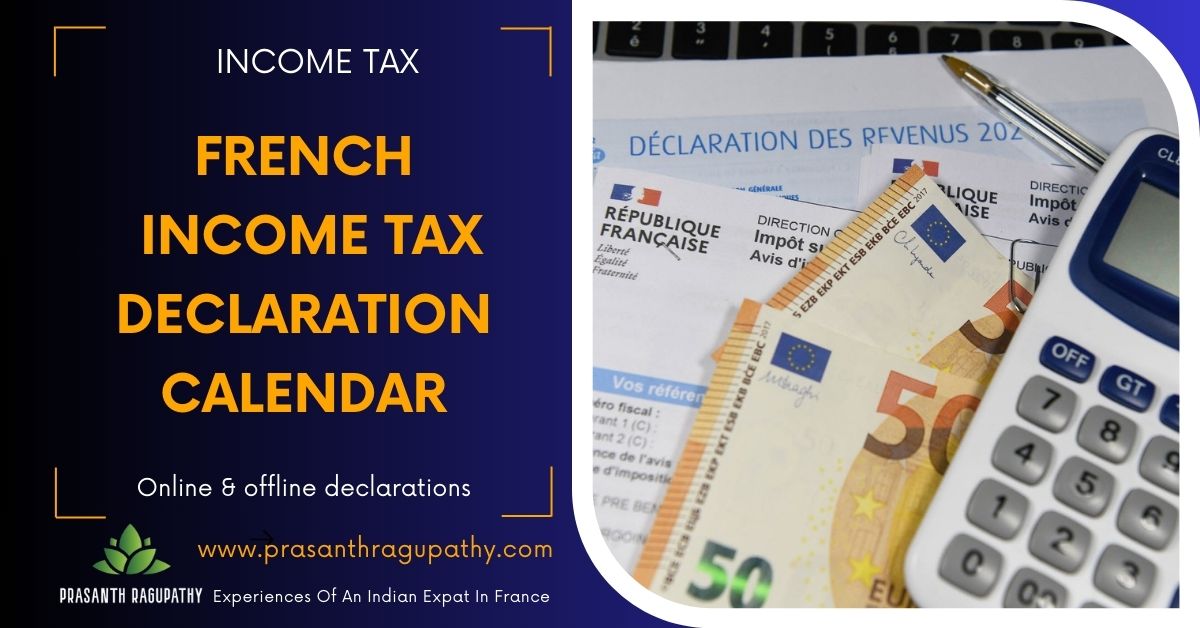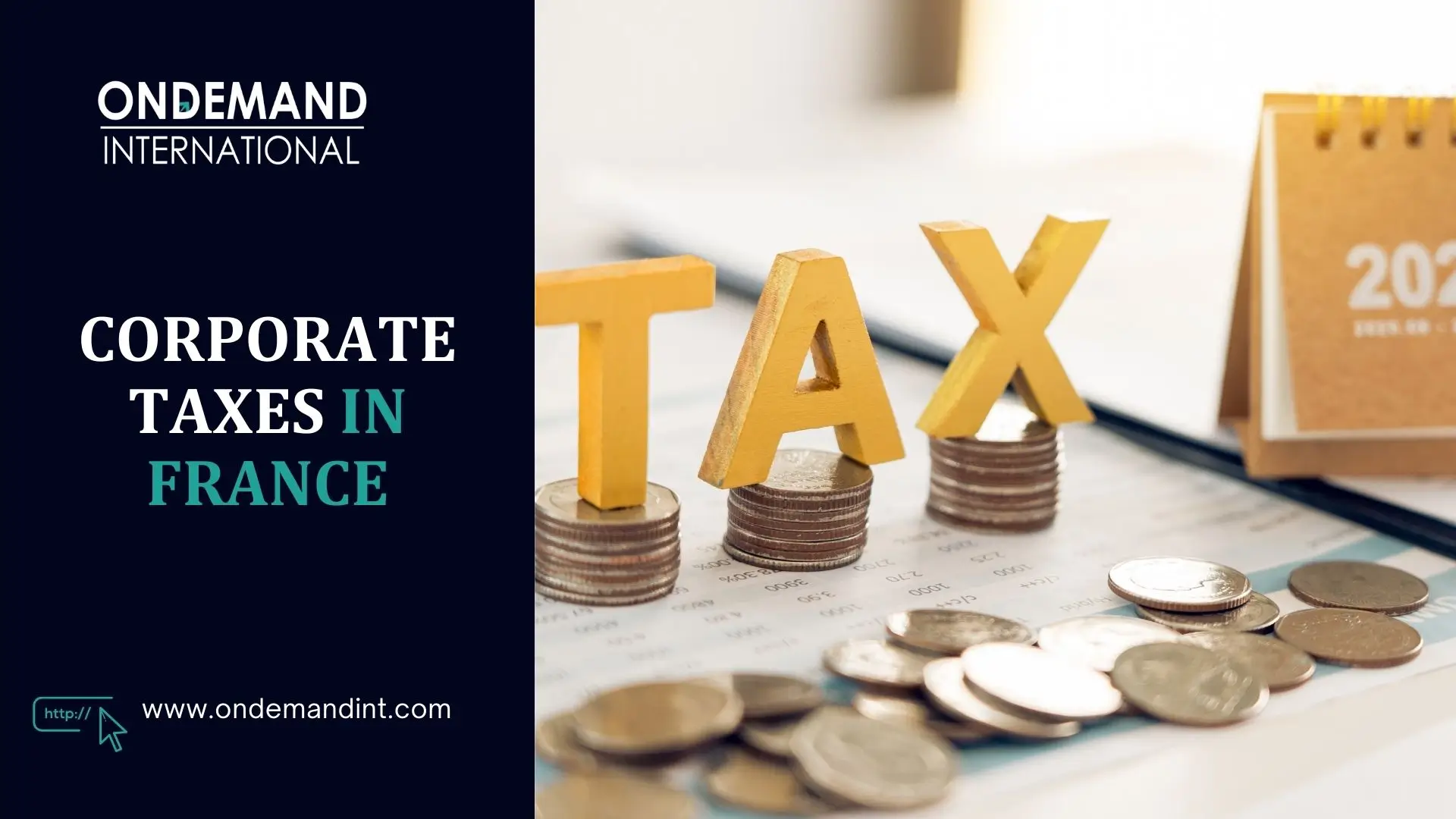
Understanding the French Tax System in 2025: A Clear Guide
France’s tax system has always stood as one of the most structured and digitized in Europe. By 2025, the French government continues to modernize its approach to taxes through Impots.gouv.fr, the official platform used by individuals and businesses to declare income, pay taxes, and access government tax services.
Whether you’re a resident taxpayer, a small business owner, or a foreigner earning in France, this guide will walk you through the essentials of the French tax system, how to use impots.gouv, and what’s new in 2025.
1. What Is Impots.gouv.fr?
Impots.gouv.fr is the French government’s official tax portal managed by the Direction Générale des Finances Publiques (DGFiP). This site allows users to declare income, pay taxes, view tax notices, request payment plans, and manage their personal tax situation online.
Everything is centralized, making it easier for French citizens and residents to comply with national tax obligations without paperwork or long office visits.
2. Who Needs to File Taxes in France?
If you’re living or earning in France, you are most likely subject to income tax (impôt sur le revenu). You must file a tax return if:
-
You are a French resident with income (from employment, business, rentals, or investments)
-
You are a non-resident earning income from French sources
-
You are over the age of 18 and meet income thresholds
Even students and part-time workers may be required to file, especially with the rise of digital earnings and freelancing.
3. Important Tax Types in France
In 2025, French taxpayers can expect to interact with several tax types, including:
-
Income Tax (Impôt sur le revenu)
-
Property Tax (Taxe foncière)
-
Housing Tax (Taxe d’habitation) (still applicable for some households)
-
Social Contributions (CSG, CRDS)
-
Corporate Tax (Impôt sur les sociétés) for businesses
-
Value Added Tax (TVA) for goods/services
All of these can be managed through the Impots.gouv platform with individual access codes.
4. How to Access and Use Impots.gouv.fr in 2025
To use the portal, each taxpayer must have a Numéro fiscal (tax number) and a secure password. New residents or first-time filers can request access credentials online or visit the nearest tax office (Centre des Finances Publiques).
Steps to file:
-
Log in to impots.gouv.fr
-
Navigate to “Déclarer mes revenus”
-
Fill out your income sections (employment, investments, business, etc.)
-
Validate your information
-
Submit your return electronically
In 2025, the entire process can be done from mobile phones thanks to a more responsive site design.
5. New Changes to French Taxes in 2025
France introduced several updates to tax procedures in 2025, focused on simplification and digital clarity:
-
Automatic Filing for Low-Income Taxpayers: If your income hasn’t changed from last year, and all your sources are declared by employers or institutions, your return may be auto-filed.
-
Updated Brackets for Income Tax: In response to inflation, tax brackets have been revised to reduce the burden on middle-income families.
-
Expanded Digital Assistance Tools: AI-assisted help is available through the platform for basic questions.
-
QR Code Payment Option: Taxpayers can now pay taxes via QR codes linked to French banking apps.
6. Pay-As-You-Earn (Prélèvement à la source)
Since 2019, France has followed a withholding tax system, where tax is deducted directly from your salary or pension each month. In 2025, this system is fully stabilized and integrates with most employer payroll software.
Self-employed people and landlords can use monthly or quarterly installments. These are automatically adjusted based on previous declarations but can be updated manually through the portal.
7. Common Mistakes to Avoid
Some common errors people make when using impots.gouv include:
-
Not updating family or marital status (affects your tax rate)
-
Declaring foreign income incorrectly
-
Forgetting deductions like donations, child care, or home energy improvements
-
Missing deadlines, especially for paper filings in rural zones
France is strict about late declarations and can impose penalties and interest for errors or delays. However, first-time offenders can often appeal for leniency.
8. Deductions and Credits You Can Claim
The French tax system allows for several deductions and credits in 2025:
-
Childcare expenses
-
Donations to approved charities
-
Energy-efficient home upgrades
-
Employment of domestic workers
-
Education costs for dependent children
Many of these are pre-filled on the site if previously claimed, but always double-check for accuracy.
9. Support for Foreigners and Expats
Expats living in France or earning French income must comply with French tax laws, even if their home country taxes them as well. France has tax treaties with many nations to avoid double taxation.
Support is available through:
-
English-language help lines
-
Pre-filled forms with international sections
-
Embassy referrals or authorized tax professionals
10. Final Word: Stay Compliant, Stay Informed
Taxes can feel complicated, especially in a foreign language or when rules keep evolving. But France’s move toward transparency, digital access, and user-focused design makes compliance much more achievable in 2025.
With tools like impots.gouv, staying on top of your obligations is easier than ever. Set reminders for filing deadlines, keep digital copies of all documents, and consider seeking advice if your situation changes.












One thought on “French Taxes in 2025: What to Know About Impots.gouv, Filing Rules, and Digital Updates”